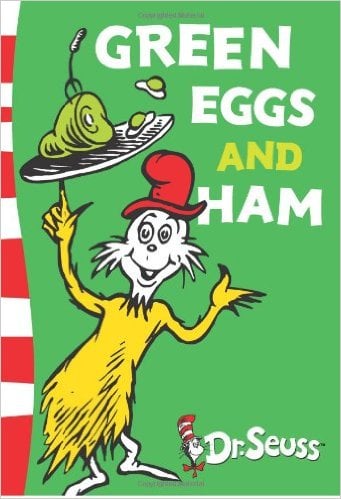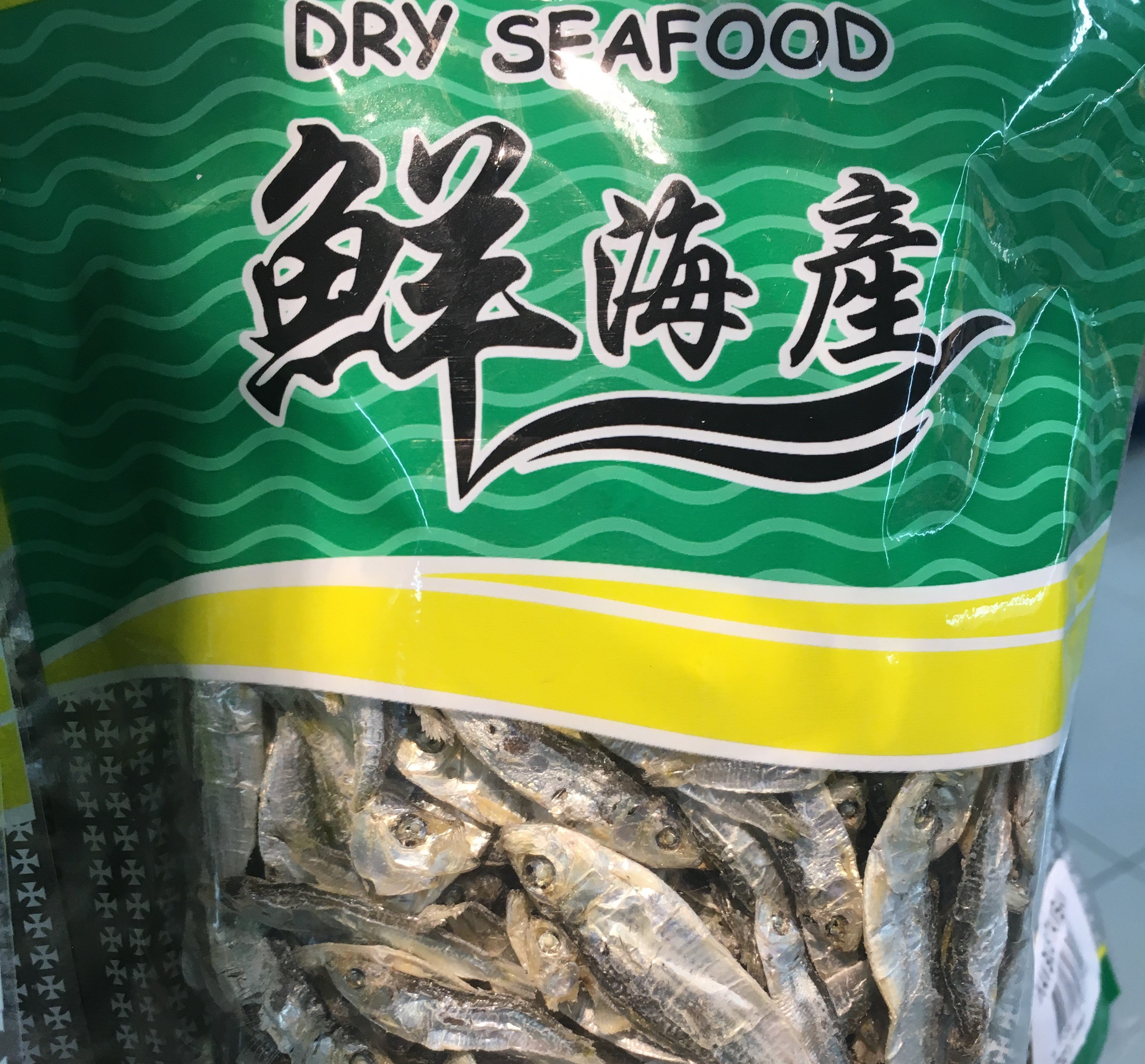Day three of the EARCOS Leadership Conference* and it’s time for some reflection on what I’ve seen, heard and learned.
If there’s a theme I can extract, it’s this: The world around us is going through a transformation the likes of which no-one alive has ever experienced. Everything that matters is changing, and it’s all being driven by the fact that information is free and moving at an ever-increasing rate.
Entire industries are changing as technology moves through them like a freight train. Energy. Medicine. Transportation. Media. Entertainment. Publishing.
What about education? There’s little arguing that the product of our schools – the education our school graduates take into the world with them – needs to change. Students need different skills and capabilities if they are going to be entering the workforce in the 2020s and running through the 2070s or beyond.
What are those skills and capabilities and how do we imbue them in our students in a way that prepares them for a world none of us can imagine? That’s a huge question that probably needs a thesis, not a blog post.
Instead, I want to encourage everyone who was amazed by Sir John Jones’ inspiring words, and Ruby Payne’s deep insights, to think a bit about Shelly Luke Wille’s comments about mistakes.

Sir John Jones (middle) with EARCOS Executive Director Dick Krajczar and EARCOS staff. (Source: Twitter @sirjohnfjones)
To make a mistake requires something that we don’t often articulate. It demands we try something new without knowing in advance how it will turn out. That’s something most of us aren’t naturally inclined to do.
It seems people have evolved, understandably, to find ways to make life predictable and safe. We like to know where we’re going to sleep each night, what’s going to be on the table for breakfast, and who we will be spending each day with. And these patterns of behaviour don’t emerge when we’re adults. They start when we’re small – infants even – and persist right through life. Children like to read the same books over and over, play with the same toys, and eat the same foods.
As a small child, I would have read “Green Eggs and Ham” at least 250 times, all without any awareness of the irony of it all.
Because “Green Eggs and Ham” is about having the wherewithal to try something new. And most of us have to be egged on like the protagonist, Sam I Am, before we’ll taste something new, much less read a book whose cover doesn’t appeal or listen carefully to someone with a political opinion we assume we’ll disagree with.
 A recipe book for new experiences. (Source: Amazon)
A recipe book for new experiences. (Source: Amazon)
How can we open our minds to new ideas, particularly as they relate to education, regarding what we teach, how we teach it, and the tools we use along the way? And how, by embracing the new, can we inculcate a similar behaviour in our students?
Being open to new ideas, experiences, and ways of thinking and learning are the key to adaptability. Biologically, adaptation happens between generations, and often takes many generations. But our world is changing so quickly that we need to figure out how to make the next generation capable of adapting within their own lifetimes. Otherwise, they are likely to struggle enormously as the world transforms around them.
Here are three simple and small ways I’ve experimented with to force myself into a heightened awareness of the importance of breaking habits.
- Buy something new every time you go to the grocery store. I do this every week, and the point of it is to force myself into parts of the market I wouldn’t normally visit and to broaden my palette, as well as those of my kids. If you can incorporate this into cooking a new recipe each week, so much the better. If that’s a bridge too far, just buying something – olives, anchovies, quinoa, feijoas – can be a sufficient eye opener.
 Something new for dinner? The Malaysian supermarket offers all fish varieties.
Something new for dinner? The Malaysian supermarket offers all fish varieties. - Listen to some new music. This is harder than it sounds. Research has shown that most people stop listening to new music in college. If you’re in your 40s now, your musical taste almost certainly stopped evolving in the late 1980s or early 1990s. That’s a shame, because there’s wonderful music you’re missing out on, and it’s more accessible than ever. Plus, if you listen to some new music, you might have something to discuss with (and impress) your students. Kids are great sources of music recommendations, as are myriad podcasts (try “Sound Opinions” or “The New Yorker Radio Hour” for some great recommendations).
- Follow a different route to work each day. Whether you walk, bike, drive, or take a bus or train, you can easily vary your route – even by just a block or two. You will see things you never noticed before, your mind will become more alert, and you will enjoy your commute more.
What happens when we consciously try to open our minds to new experiences? It turns out, we can train ourselves to seek out, and be more open to, new ways of doing things. And while “new” isn’t always better, more often than not the “same old way” is synonymous with being stuck in a rut.
Let’s resolve to bring our newfound willingness to experiment and explore into our everyday work as teachers, administrators and technologists. We might discover new ways to engage our students to develop the range of skills we know will be essential for the jobs of the future.
*The East Asia Regional Council of Schools (EARCOS) brings international schools and their leaders together to exchange approaches and ideas in order to drive better learning outcomes.
For more information on what we're doing to help 21st Century learners, visit our Success Stories page.






